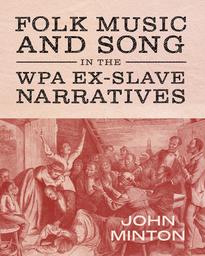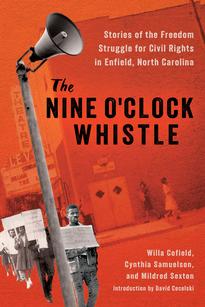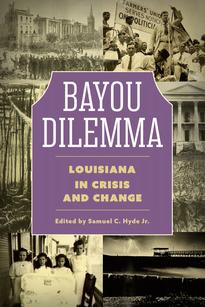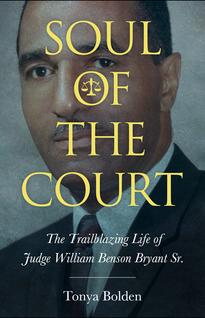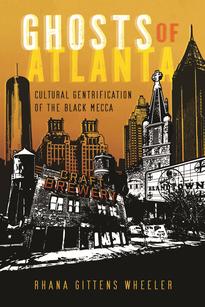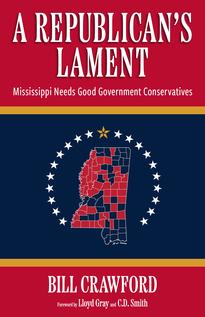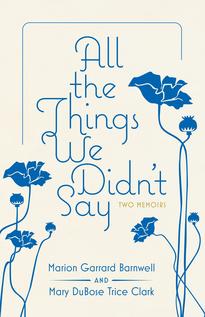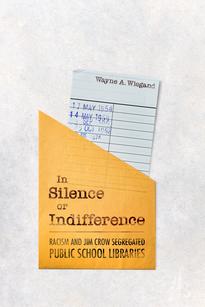History
Folk Music and Song in the WPA Ex-Slave Narratives
Between 1937 and 1940 fieldworkers in the Works Progress Administration’s Federal Writers’ Project interviewed around 3,500 formerly enslaved people in North America, resulting in roughly 20,000 pages ...
The Nine O'Clock Whistle
Between the years of 1963 and 1965, civil rights protests rocked rural communities like Enfield, a small North Carolina town where segregationist and white supremacist attitudes prevailed. Whites in Enfield ...
Bayou Dilemma
Contributions by Janet Allured, Craig E. Colten, Marcus Cox, Pearson Cross, John Bel Edwards, Adam Fairclough, Keith Finley, Samuel C. Hyde Jr., John Lopez, and Robert Mann
In the fall of 2022, a diverse ...
Soul of the Court
Legal legend Judge Louis F. Oberdorfer once stated that there were “only two people in the world who really understood the Constitution” and its impact on American lives. One was Hugo Black, deceased ...
Sickly Vapors
The southern climate, with its heat, oppressive humidity, and stagnant marshland, accentuated disease and suffering for inhabitants of the Old South, from its early settling through the Civil War and ...
Ghosts of Atlanta
Once heralded as the “Black Mecca of the South,” Atlanta’s Black community is currently under threat of dislocation by cultural gentrification. Amid the city’s urban renaissance, residents face ...
A Republican's Lament
Bill Crawford thought his modern-day Republican Party would lift Mississippi off the bottom, a notion born of Gil Carmichael’s vision for good government conservatism. A Republican’s Lament tells of ...
All the Things We Didn't Say
In this poignant and introspective dual memoir, Marion Garrard Barnwell embarks on a deeply personal journey. Inspired by the memoir of her maternal grandmother, Mary DuBose Trice Clark, affectionately ...
In Silence or Indifference
Librarians around the country are currently on a battleground, defending their right to purchase and circulate books dealing with issues of race and systemic racism. Despite this work, the library community ...
The Egg Bowl
From the contentious delay of the first clash in 1901 to the latest battle in 2023, The Egg Bowl: Mississippi State vs. Ole Miss, Third Edition updates the two previous editions to give the most accurate, ...
